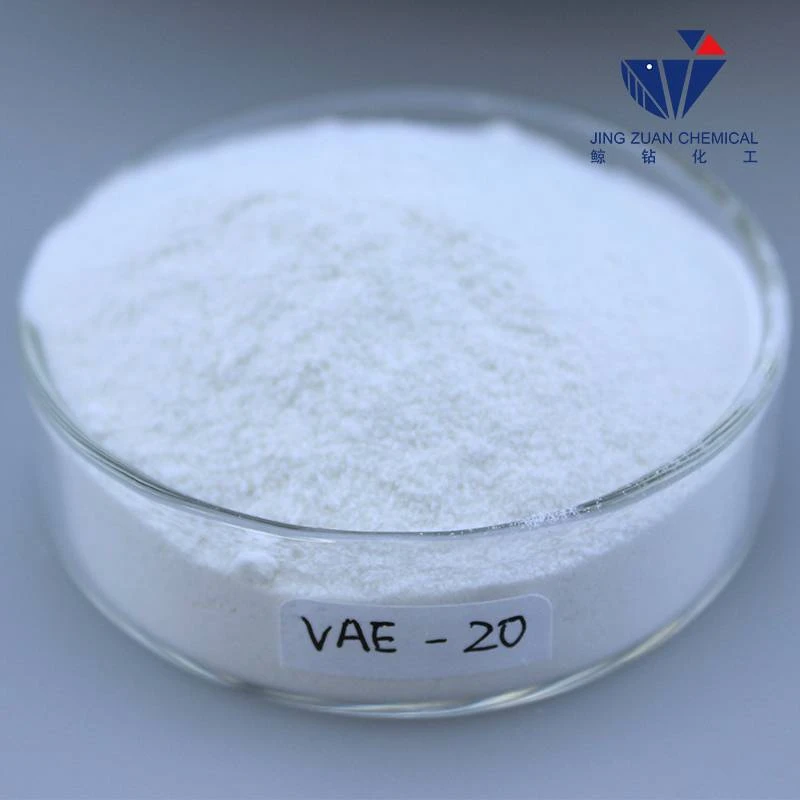
Dec . 16, 2024 01:42 Back to list
hpmc uses
Understanding the Uses of HPMC (Hydroxypropyl Methylcellulose)
Hydroxypropyl Methylcellulose (HPMC) is a versatile cellulose derivative widely used across various industries. Its unique properties such as solubility in cold water, gel formation, and film-forming abilities make it an essential ingredient in a variety of applications. This article delves into the diverse uses of HPMC, highlighting its significance in everyday products and industrial processes.
1. Pharmaceutical Applications
One of the primary uses of HPMC is in the pharmaceutical industry. It is commonly used as a binder and controlled-release agent in tablet formulations. By modifying the release profile of active ingredients, HPMC helps in providing sustained therapeutic effects while minimizing side effects. Additionally, it serves as a thickening agent in syrups and suspensions, enhancing the viscosity and stability of liquid formulations. Its non-toxic nature also makes it a suitable excipient for various drug delivery systems, including ophthalmic preparations and hydrogels.
2. Construction Industry
In the construction sector, HPMC is a crucial component in cement-based products like mortar and tile adhesives. Its water retention properties improve the workability and adhesion of these mixtures, allowing for better performance during application. HPMC helps to prevent the premature drying of adhesives, ensuring that tiles and other materials bond effectively to surfaces. Additionally, it enhances the flow and leveling of self-leveling compounds, contributing to smoother finishes on floors and walls.
3
. Food Industryhpmc uses

HPMC is useful in the food industry as a food additive. It is classified as Generally Recognized As Safe (GRAS) by the FDA, which means it is safe for consumption. HPMC is commonly used as a thickener, emulsifier, and stabilizer in various food products such as sauces, dressings, dairy products, and baked goods. Its ability to improve texture and extend shelf life makes it an attractive option for food manufacturers. Furthermore, HPMC can be used in gluten-free products to impart similar properties found in wheat-based alternatives.
4. Personal Care Products
In the personal care sector, HPMC is used in a wide range of products, including cosmetics, lotions, and hair care items. It acts as a thickening agent, stabilizing emulsions and ensuring a smooth consistency in creams and gels. HPMC also serves as a film-forming agent, providing a protective barrier on the skin or hair, enhancing the product’s performance. Its non-irritating nature makes it suitable for sensitive skin formulations, bolstering its appeal among consumers seeking gentle and effective personal care solutions.
5. Agricultural Applications
HPMC finds its way into agriculture as well, particularly in the formulation of herbicides and pesticides. Its properties help improve the adherence of active ingredients to plant surfaces, increasing the efficacy of the treatments. By enhancing the water retention and dispersion characteristics of agricultural formulations, HPMC contributes to better coverage and penetration, promoting effective pest and weed management.
Conclusion
The versatility of Hydroxypropyl Methylcellulose (HPMC) has made it a valuable ingredient across numerous industries. From pharmaceuticals to personal care, its multifunctional properties provide essential benefits in formulation and application. As industries continue to innovate and seek new solutions, the role of HPMC is likely to expand, reinforcing its importance in modern manufacturing processes and consumer products. Whether through aiding drug delivery or enhancing food texture, HPMC remains a compound of choice for many sectors.
-
Versatile Hpmc Uses in Different Industries
NewsJun.19,2025
-
Redispersible Powder's Role in Enhancing Durability of Construction Products
NewsJun.19,2025
-
Hydroxyethyl Cellulose Applications Driving Green Industrial Processes
NewsJun.19,2025
-
Exploring Different Redispersible Polymer Powder
NewsJun.19,2025
-
Choosing the Right Mortar Bonding Agent
NewsJun.19,2025
-
Applications and Significance of China Hpmc in Modern Industries
NewsJun.19,2025







